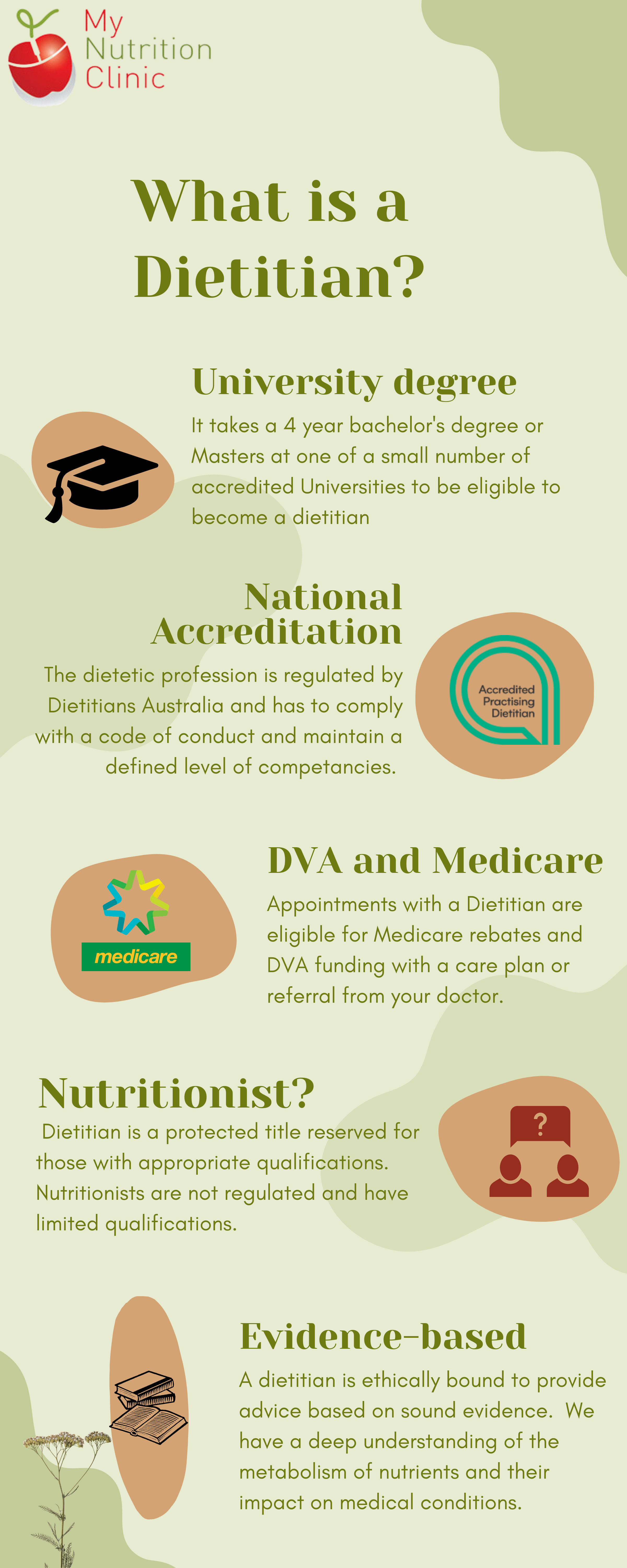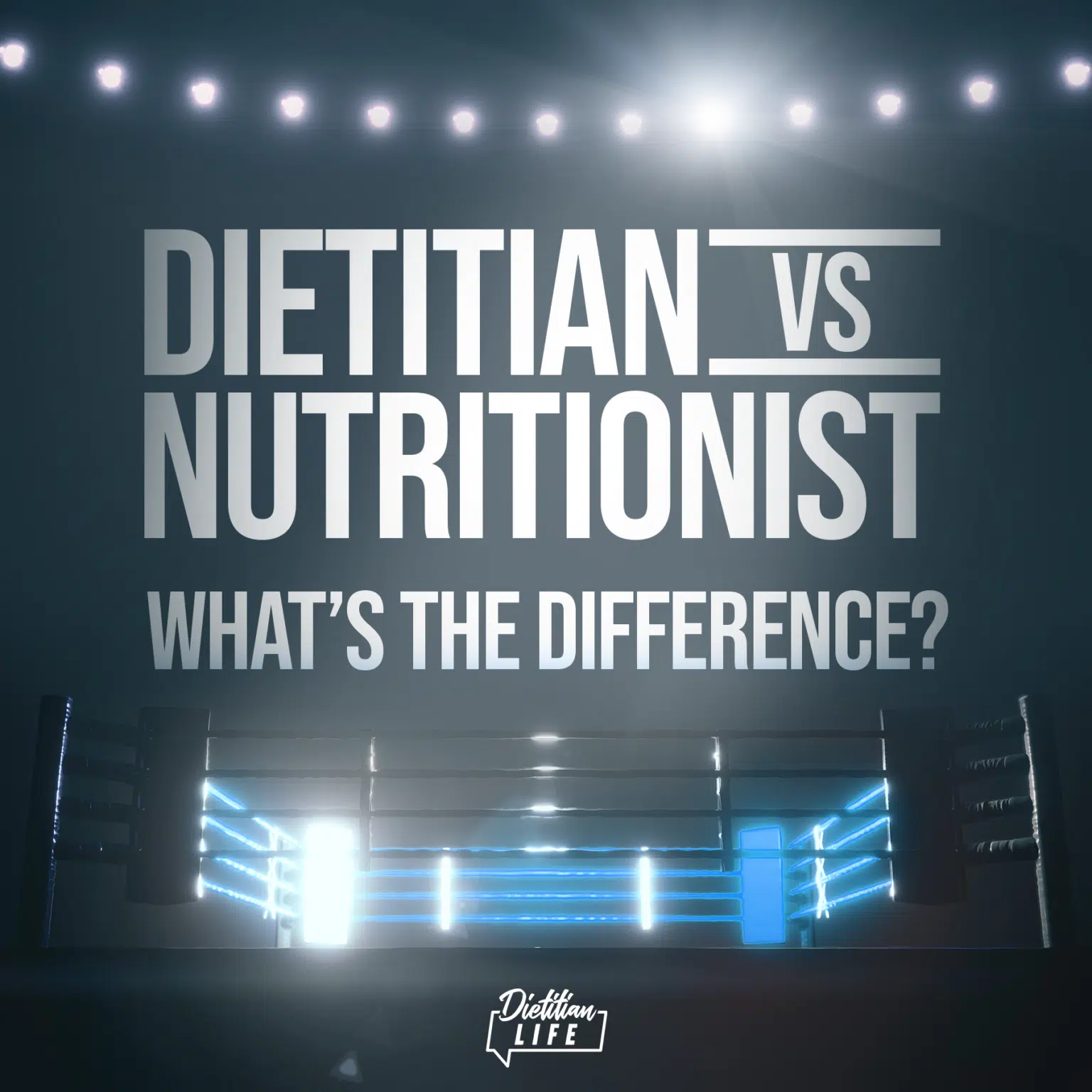All Categories
Featured
Table of Contents
-1
In the United States and many other countries, a dietitian is a board-certified food and nutrition professional. They are very informed in the field of nutrition and dietetics the science of food, nourishment, and their effect on human health. Via extensive training, dietitians get the experience to give evidence-based clinical nutrition treatment and dietary counseling tailored to meet an individual's demands.
-1To earn these qualifications dietitians-to-be need to first gain a bachelor's level or equivalent credit reports from an accredited program at a college or college. Commonly, this calls for an undergraduate science level, including training courses in biology, microbiology, organic and not natural chemistry, biochemistry and biology, anatomy, and physiology, as well as more specialized nourishment coursework.
Meal Planning
-1This permits them to evaluate severe requirements, prioritizing dangerous problems. Inpatient and outpatient dietitians also provide nourishment education to individuals with specialized demands, such as those newly out of surgery, in cancer therapy, or detected with persistent diseases like diabetes mellitus or kidney condition. In the outpatient setting, they offer much more comprehensive nutritional counseling working towards a nutrition-oriented goal.
-1They can also advocate for public policies with a concentrate on nutrition, food, and health problems. Research dietitians commonly operate in research study medical facilities, organizations, or universities. They operate within a research study group headed by a key investigator and execute nutrition-focused treatments. As soon as dietitians have earned their qualifications and are operating in the field, they can take place to specialize in a particular subcategory, such as pediatrics or sports dietetics.
-1Others may function as wellness and nutrition experts in media or as public speakers (Child Nutrition Guidance). Dietitians are certified to take care of nutrition therapy across a span of acute and chronic conditions.
Private Nutritionist
-1In many states, such as Alaska, Florida, Illinois, Maryland, Massachusetts, and Pennsylvania, RDs and CNSs are granted the very same state permit, typically called a Licensed Dietitian Nutritional Expert (LDN) permit. In states that don't control using this term, anyone with an interest in diet or nutrition might call themselves a nutritionist.
-1Due to the fact that uncredentialed nutritionists usually lack the knowledge and training for medical nourishment treatment and nourishment therapy, following their suggestions might be considered unsafe (). Before seeking advice from a nutritionist, you might intend to check whether your state regulates who might use this title. In the U.S. states that don't regulate the term, no levels or qualifications are called for to be a nutritional expert.

-1
In states that do mandate licensure, the CNS or RD credential may called for. Those with CNS credentials are health and wellness professionals like nurses or doctors with sophisticated wellness levels that have chosen added coursework, completed supervised method hours, and passed a test managed by the Board for Certification of Nutrition Specialists.
-1While some of these methods might have durable clinical support, others might not. Providing nutrition guidance without the appropriate knowledge and training can be harmful, specifically when counseling those with health problems. If you are taking into consideration getting in touch with a nutritional expert, you might desire to ask if they are a CNS or have state licensure or qualification, or one more credential.
Certified Nutritionist
-1Numerous states especially regulate this term. In addition, nutritionists might pursue an innovative CNS certification.
-1It can be challenging to help people make real, lasting changes in their lives. When you get an effective situation, the reward can be greatly fulfilling. If it's a job alternative that you wish to go after, there are 2 major job choices available to you. Both dietitians and nutritional experts offer a series of nutrition-based solutions to customers.
-1They need to have finished some degree of education in their area. They are also called for to have finished approximately a year of supervised work, working within an assisted program at a medical care center, providing service, or area body. Dietitians have far greater assumptions positioned on their abilities and degree of professionalism and reliability.
-1This indicates that there is no body that oversees their certifications and no specifically stringent guidelines that nutritionists requirement to adhere to in order to be able to exercise. Dietitians, on the various other hand, are registered with across the country acknowledged bodies, such as the Dietitians Organization of Australia. They have to abide by the National Proficiency Criteria for Dietitians.
Holistic Nutritionist – Swan 6069

-1
You can practice as a nutritionist without the exact same level of accreditation as a dietitian. Nutritional expert training courses can differ in size and high quality, with some as short as six weeks and covering far less content than a dietetics course. Depending on your education service provider, you can gain a substantial amount of expertise with studying a straightforward nourishment course; however it is very important to examine the course material prior to starting.
-1This can include participating in industry workshops or reading market publications. Nutritional experts, on the other hand, normally gain their certifications in order to supplement other credentials and provide far better advice to their clients. Nutritionists can acquire work in a vast array of fields, consisting of public health and wellness recommendations, advice for individuals, and working with exclusive organisations.
-1Nutritionists can function with sporting organisations, health clubs, schools and suggest media outlets on basic terms and correct usage of terms. Dietitians can work in most of the very same duties as nutritional experts.
Sports Dietitian – Swan
-1Dietitians typically work with more medically sensitive clients. Since of the high degree of expertise called for to offer solutions to these people, only approved dietitians are permitted to provide treatment.
-1In Australia there is a difference in between a dietitian and various other dietary wellness providers including nutritionists. All dietitians are nutritional experts, yet nutritionists without a dietetics qualification can not call themselves a dietitian. While there are resemblances in between a dietitian and nutritionist there are differences in qualifications and law. The dietetic career is controlled and fulfills strict standards as laid out by the National Alliance of Self Regulating Wellness Professions (NASRHP).
-1Dietitians with the Accredited Practising Dietitian (APD) credential dedicate to recurring training and education throughout their occupations. As a profession, nutritional experts are not managed in Australia under NASRHP or accredited under a single regulative body.
Registered Dietitian Eating Disorders
-1If you have a chronic health and wellness condition and a treatment plan from your general practitioner, you may have the ability to assert a Medicare discount when you see an APD. Discover more about help with prices when seeing a dietitian. The major objective of people working in the profession of dietetics is symbolized in this statement: The career of dietetics adds to the promotion of health and the prevention and therapy of health problem by optimizing the nutrition of populaces, communities and individuals.
Latest Posts
What Is The Best Spring Muscle Mass Transformation
What Are The Best Before And After Body Transformation Woman Companies?
Optifast Specials